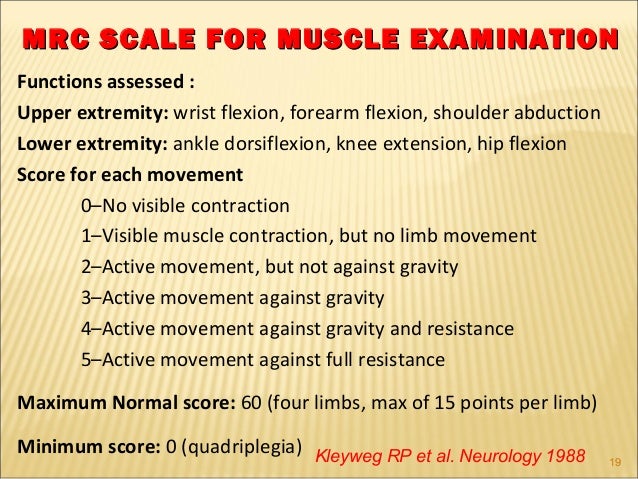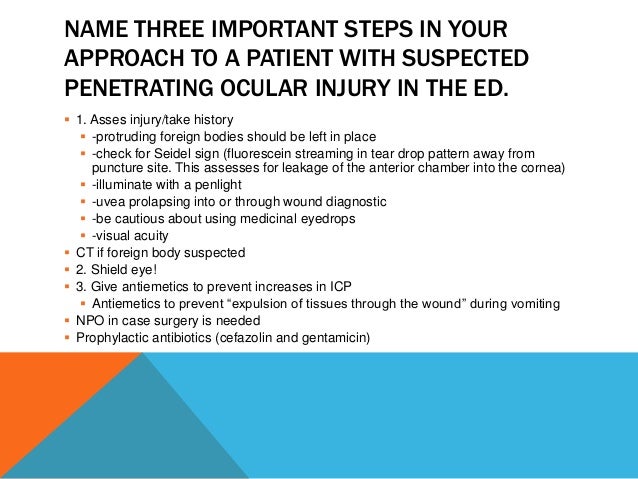
It behooves the scientific and medical community to attempt to understand the molecular and/or systemic factors linking COVID-19 to neurologic illness, both short and long term. The risk of incident cognitive and neuropsychiatric complications appears independent from the severity of the original pulmonary illness. Damage or functional changes to the brain may result in chronic sequelae. More than one third of patients with COVID-19 develop neurologic problems during the acute phase of the illness, including loss of sense of smell or taste, seizures, and stroke. COVID-19 includes central nervous system manifestations mediated by inflammation and cerebrovascular, anoxic, and/or viral neurotoxicity mechanisms. At least twice as many have been infected but remained asymptomatic or minimally symptomatic. Development of a more accurate word reading task for use in Australia is warranted.Introduction: Coronavirus disease 2019 (COVID-19) has caused >3.5 million deaths worldwide and affected >160 million people. Clinicians are advised not to apply the five error discontinue rule when using the TOPF in the local context. These results add to concerns about the application the TOPF with norms developed in the US and UK in the Australian context. Thirty-two words were out of place by five places or more compared with the US word order and 30 compared with the UK.

The accuracy of predicted WASI-II scores was also slightly less in our sample. 33 (FSIQ-2), which was approximately half that reported in the US standardization study. The variance explained in WASI-II index scores ranged from R 2=.12 (PRI) to. Rasch analyses provided a comparison of Australian, US and UK word order from the proportion of words pronounced correctly. Multiple regression analyses were used to replicate the TOPF and simple demographic models based on the US TOPF standardization. The sample of 219 healthy Australians were aged 18–82 years.

We aimed to investigate the predictive accuracy of the TOPF and examine this word list at an item level against WASI-II scores, using Australian pronunciations. Accurate prediction of premorbid functioning is important in neuropsychological assessment.


 0 kommentar(er)
0 kommentar(er)
